
Austrians are the most likely to view reducing migration as a key priority, followed by the Germans, Dutch, French, and Swedish responders, according to the new Global Democracy Perception Index.
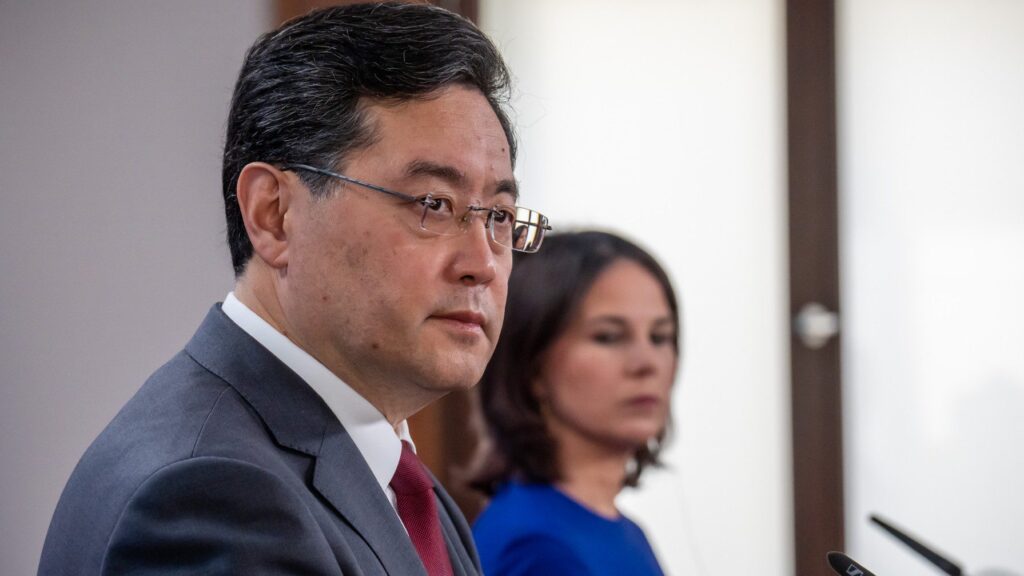
“China will react in necessary ways,” if the EU goes ahead with its planned sanctions against companies assisting Russia, the Chinese foreign minister threatened his German counterpart during an official visit to Berlin.
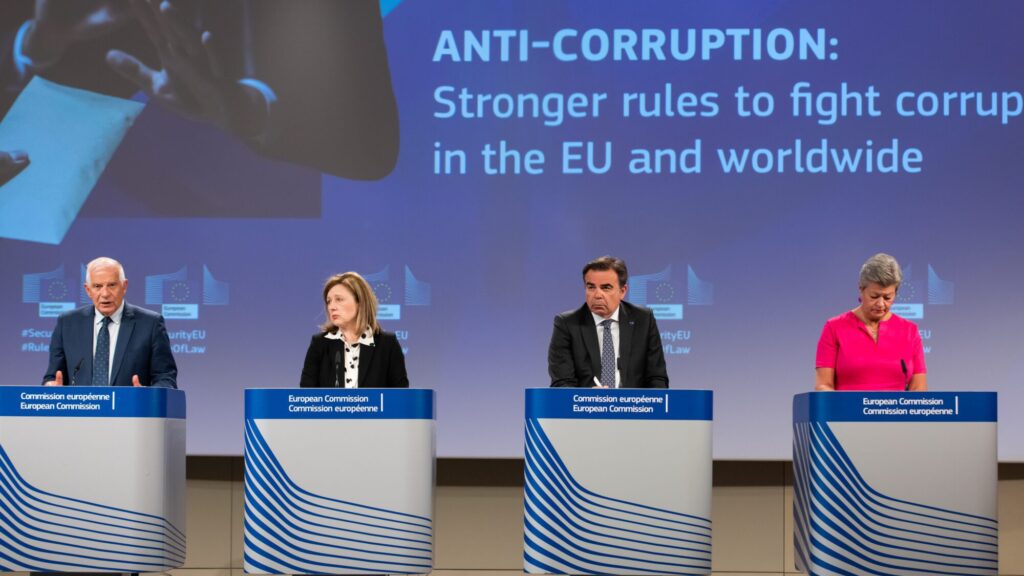
The proposed ethics body to counter EU institutional corruption will only have advisory authority, confidential notes from Commission Vice President Jourová revealed.
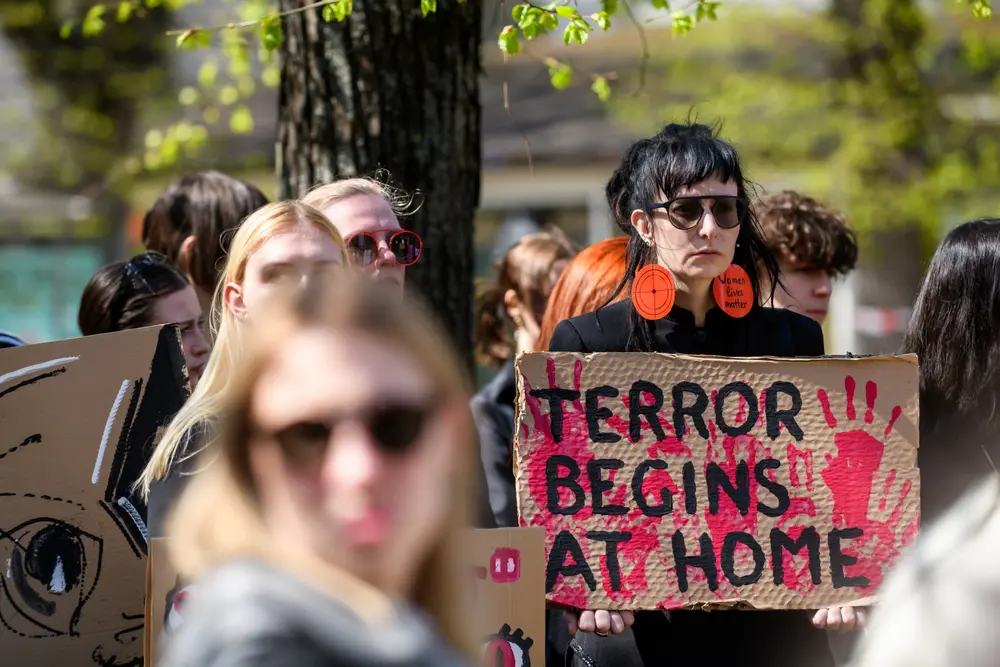
“The Istanbul Convention … undermines the genuine protection of women and prioritizes ideology over facts,” MEP Ladislav Ilčić (ECR) said. Ironically, the treaty meant to combat physical and sexual violence is the one that’s being forced on member states against their will.
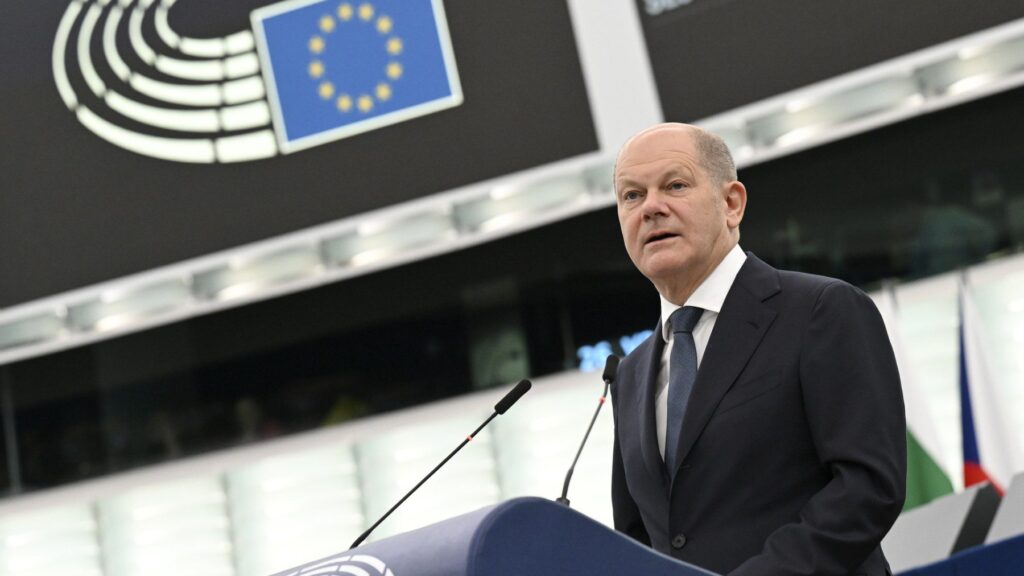
Unelected Eurocrats, with questionable democratic legitimacy, have an “unquenchable lust for power,” conservative MEP Ryszard Legutko replied to German Chancellor Scholz’s proposed power grabs sold as inevitable EU reforms.

The MEPs chose to bypass normal voting procedures on boosting the bloc’s defense industry. Instead of negotiating for months, the decision on the €500 million in defense subsidies can now be taken by the end of the month.

“If Europe was aware of Chat Control, the debate would be tremendous,” Pirate Party MEP Patrick Breyer asserts in this interview about mass surveillance, fundamental rights, and how to effectively combat child sexual abuse online.
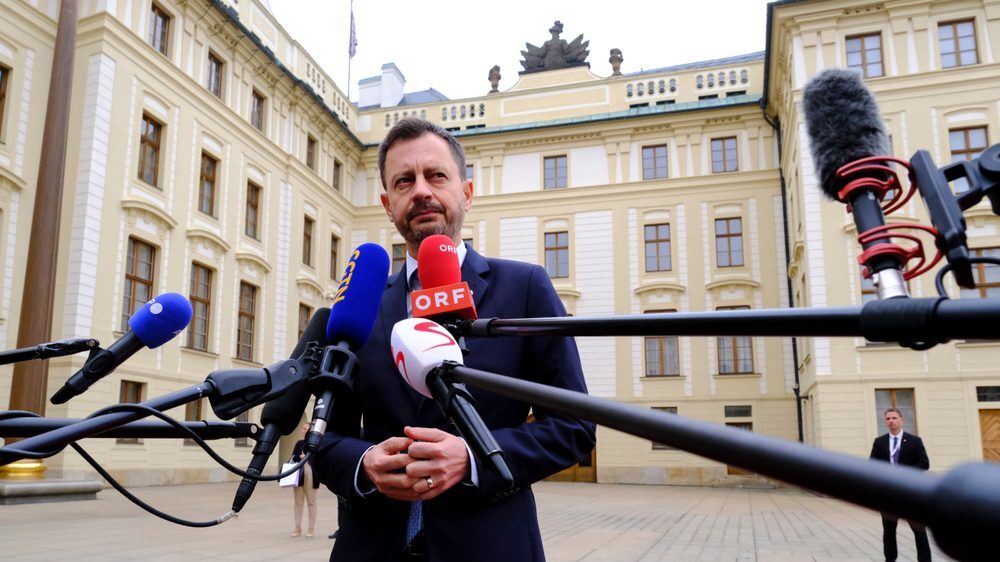
“Only people who are not running in the next parliamentary elections have been selected” for serving in Slovakia’s upcoming technocratic government, led by an experienced economist free of party influence, President Čaputová announced.
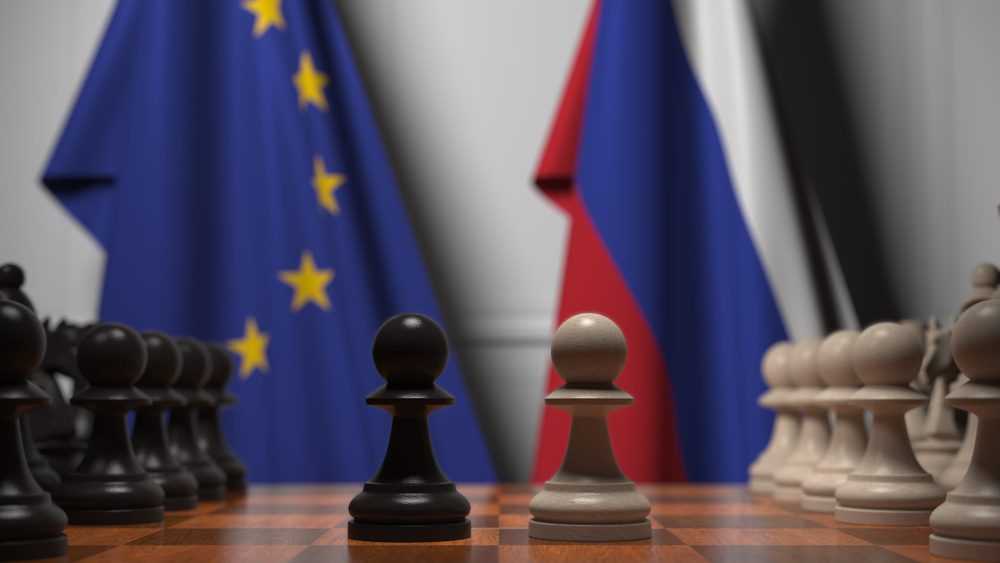
The Commission plans to sanction Turkey and China, among others, but it’s unlikely such a bold move would muster enough support in the Council.
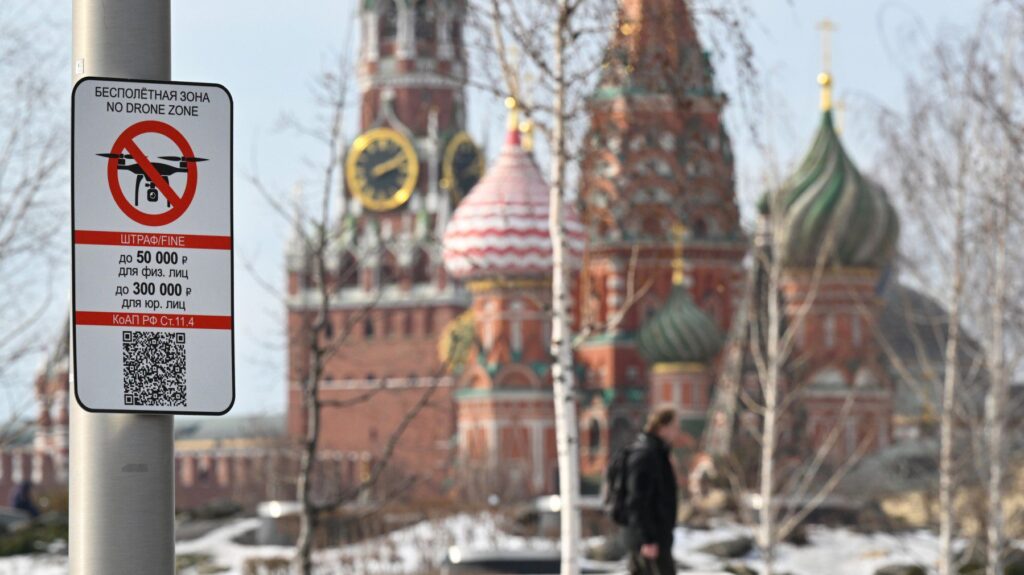
While the U.S. insists the strike was a false flag and Ukraine celebrates with a postal stamp, Russia continues to accuse the West, saying it will lead to escalation.

Replacing unanimity with qualified majority voting would only benefit Western Europe, leaving smaller member states without the ability to protest the potential rise of a centralized EU super army.

Standardized corruption rules could be coming for all member states, although Brussels might have a hard time getting countries to accept further erosion of their sovereignty.